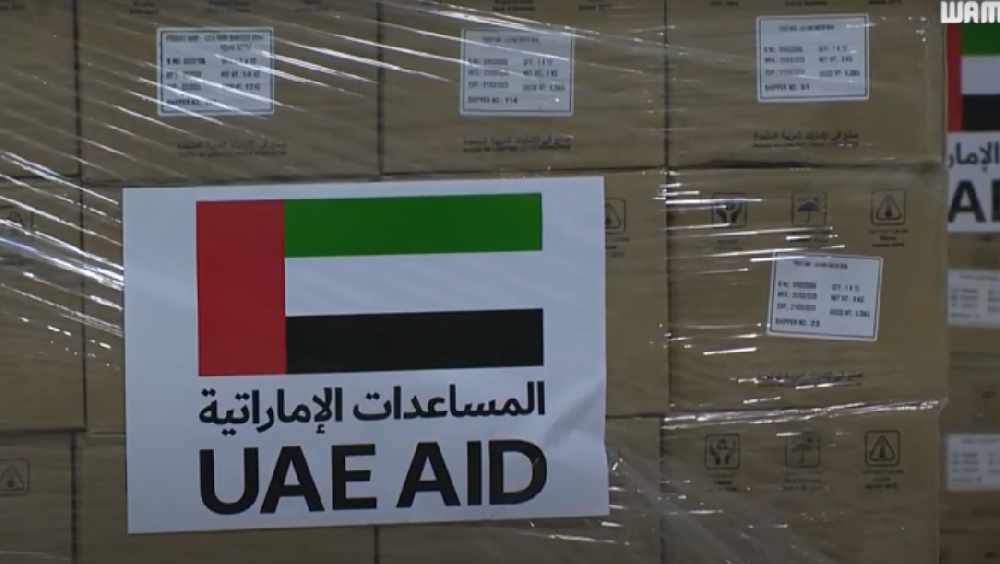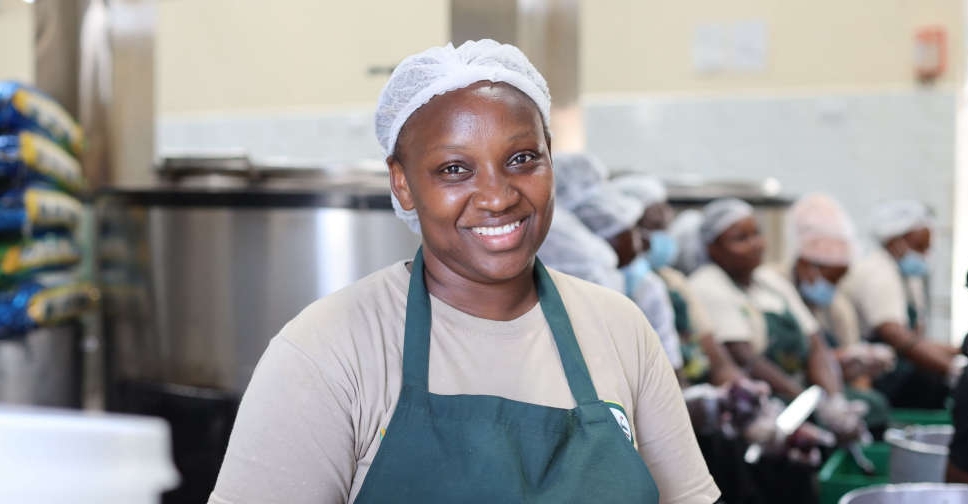
More than 1.8 billion people are expected to travel annually, by the year 2030. That’s according to a report commissioned by the travel technology firm Amadeus, which has identified six categories of “Traveller Tribes” that are likely to become prominent over the next 15 years. They’ve been classified based on how they structure their holidays. The study focuses on travellers’ personality traits, preferences and desires instead of traditional demographics such as gender or age. Ernesto Sanchez, Head of Commercial Strategy and Business Management at Amadeus explains.
Listen

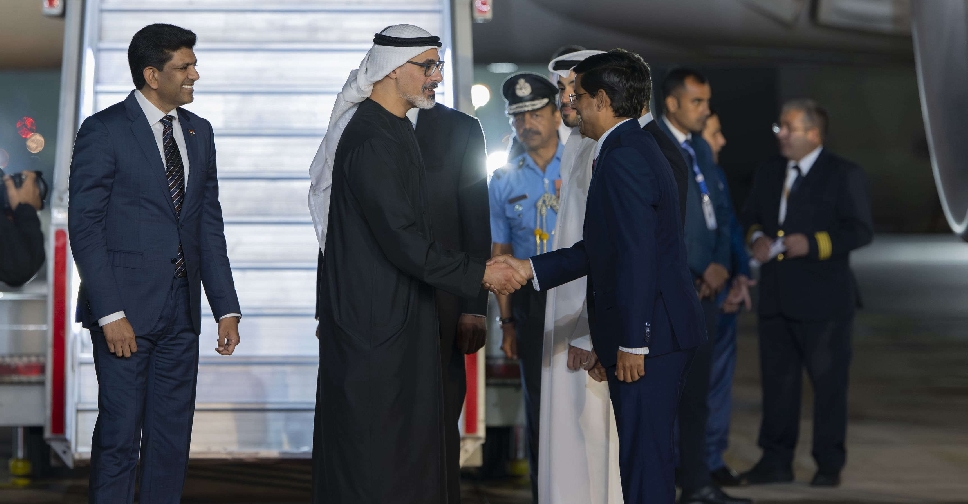 Abu Dhabi Crown Prince arrives in India for AI Impact Summit
Abu Dhabi Crown Prince arrives in India for AI Impact Summit
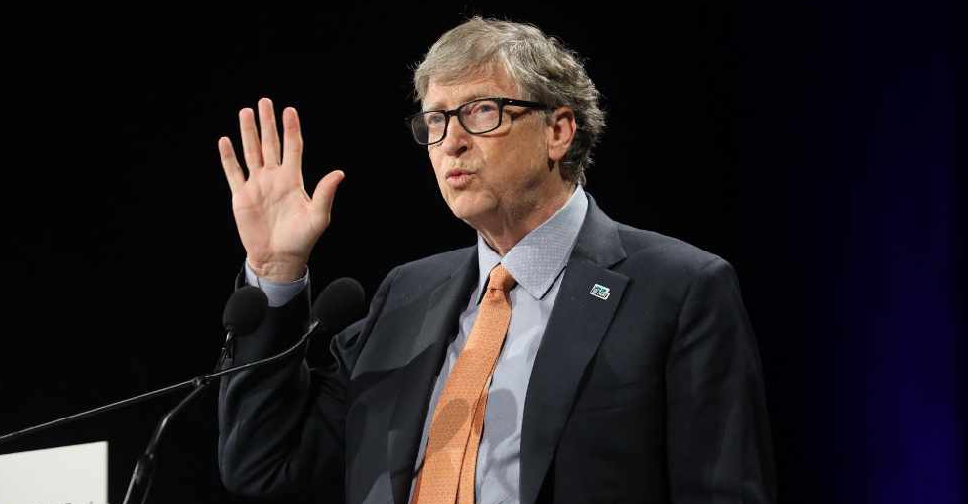 India AI summit stumbles as Bill Gates pulls out, chaos mounts
India AI summit stumbles as Bill Gates pulls out, chaos mounts
 UAE President appoints new Federal Tax Authority chief
UAE President appoints new Federal Tax Authority chief
 Uber expands into 7 new European markets in food-delivery push, FT reports
Uber expands into 7 new European markets in food-delivery push, FT reports
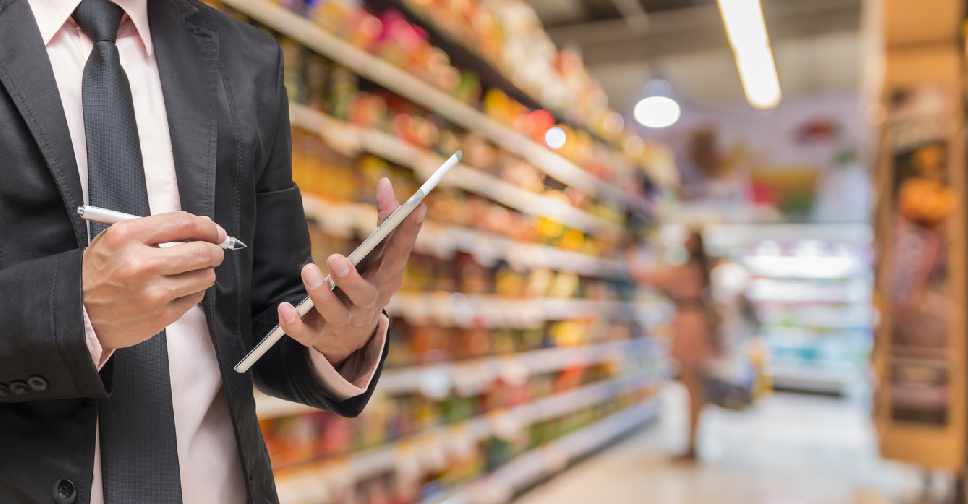 UAE strengthens market oversight to ensure price stability for Ramadan
UAE strengthens market oversight to ensure price stability for Ramadan

